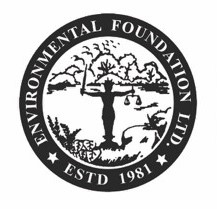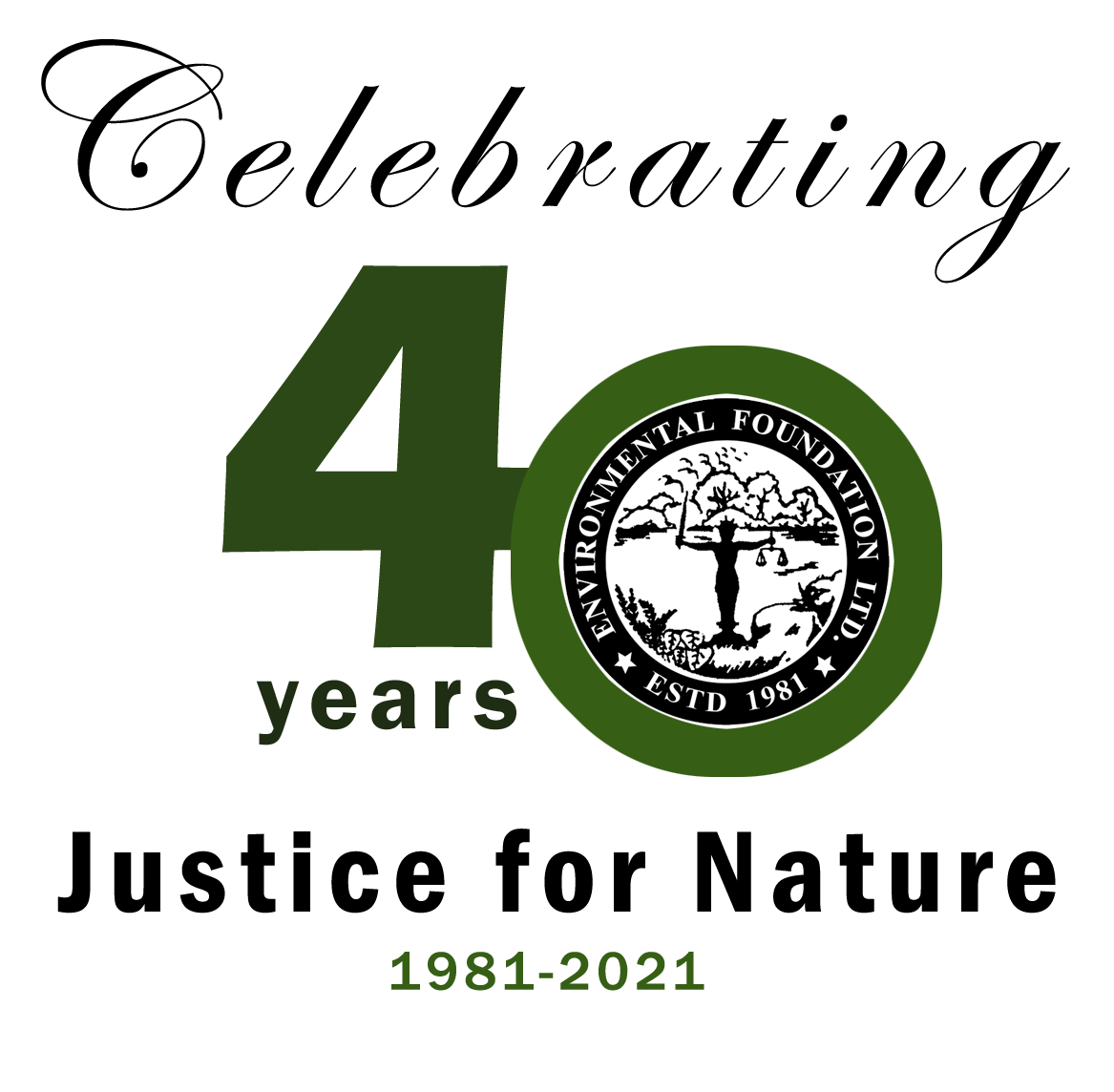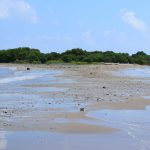An Ecosystem Based Adaptation Plan against Climate Change and Natural Disasters The weather patterns we are now experiencing is the new ‘norm’; climate change is here to stay. It’s the present, not in the future. Climate projections show that we can expect more severe, unpredictable weather patterns now and in the future. Gone are the days when farmers, businesses, and people could plan their lives and livelihoods based on relatively predictable seasons. Instead, the ‘new norm’ will be erratic and heavy bouts
Heavy rains caused landslides in Kithulkanda, Meepe last Thursday, damaging several houses. Previously EFL had conducted a site visit to this area to investigate the exploitative mining on the other side of the Kithulkanda mountain in Meepe , where 15 out of 16 quarries were reportedly violating the terms of their permits. While the Geological Survey and Mines Bureau stated that they would revoke the permits of 15 quarries, EFL learned that they had given permission for 12 quarries to
A respite from Colombo’s urban sprawl is often found in an intricate network of urban wetlands across the city. While wetlands regulate temperature, reduce the impact of floods and sequester carbon, these urban ecosystems are frequently and recklessly allotted for the purpose of garbage disposal, with one of South Asia’s largest garbage dumps situated in the Boralesgamuwa wetland. Even designated Ramsar Sites are not exempt, with a recommendation to establish a 5 acre site in Muthurajawela, in the Wattala Divisional
Sri Lanka is blessed with an abundance of water resources, which include 103 rivers flowing radially from the central highlands to various regions of the country. For many of these rivers, watershed areas are located in the central highlands. Watersheds (also known as drainage basins/catchment areas) absorb rain water and feed it into streams that join to form rivers. The abundant vegetation in the central highlands helps rainwater to be absorbed, and is a perfect natural system that





